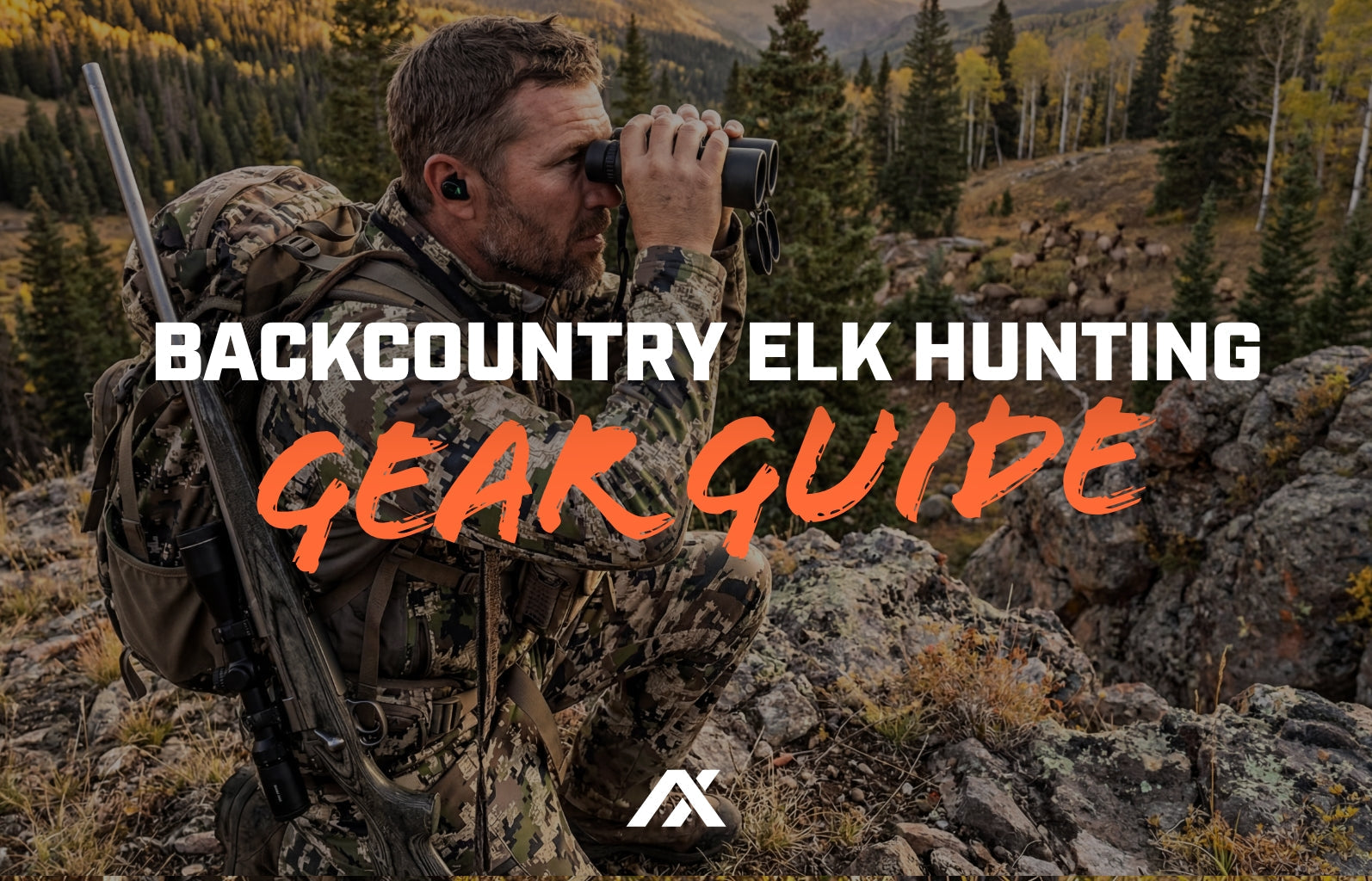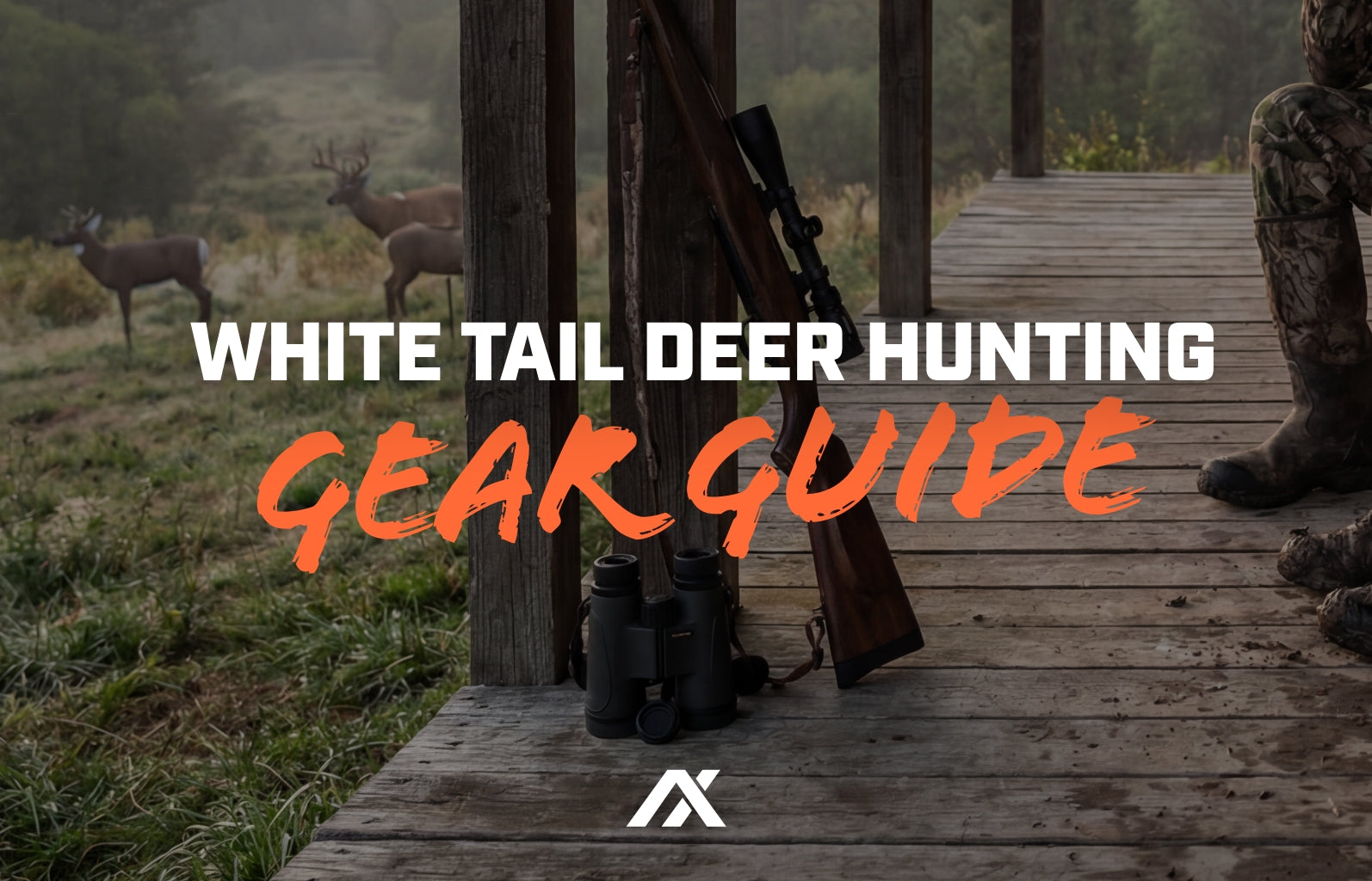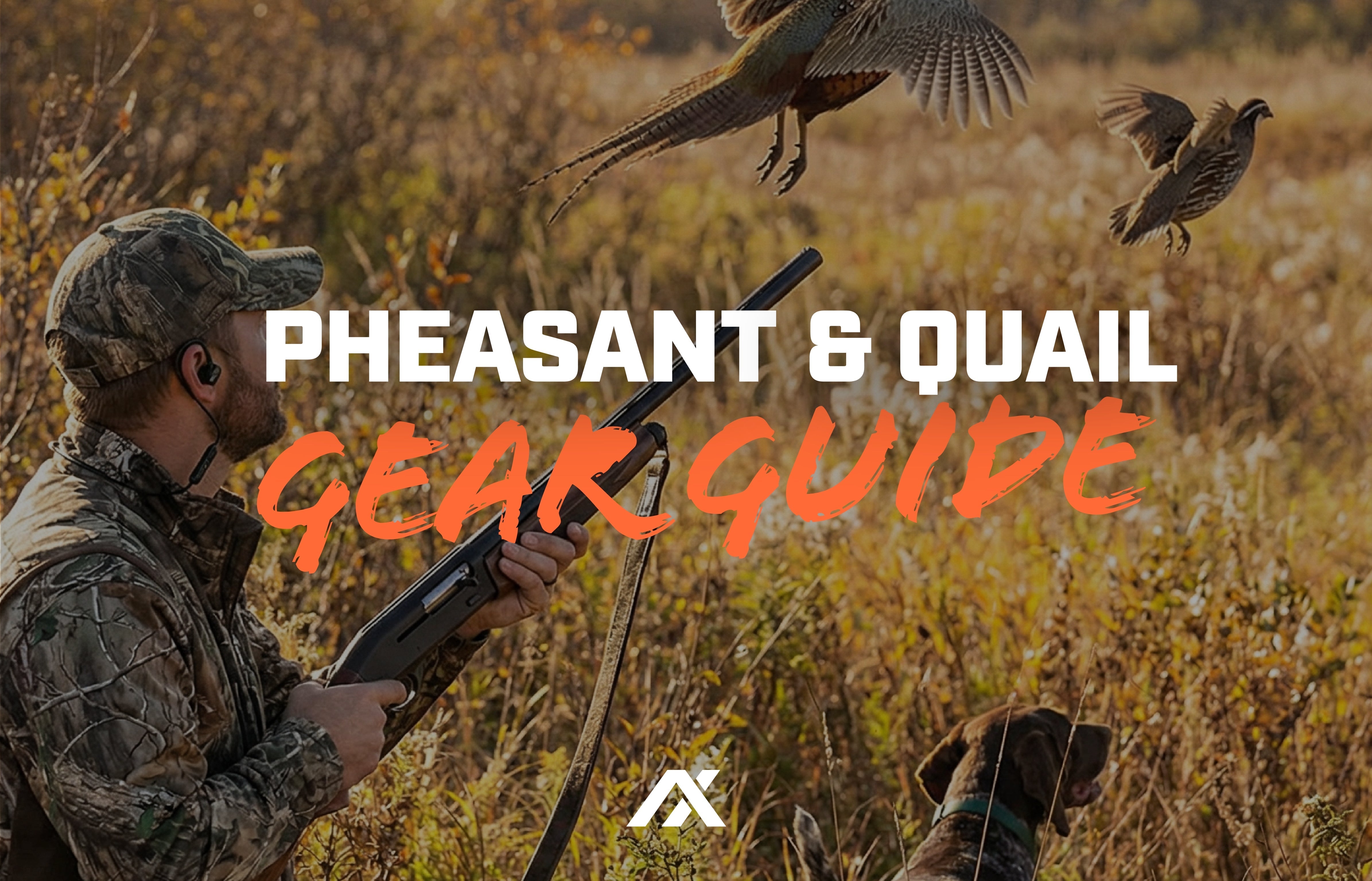At AXIL keeping our community informed about important topics that is important to us. We’ve written a 4 part piece on the Hearing Protection Act so you can stay informed.
Hearing Protection Act Part 2: What you should know
Hearing Protection Act Part 3: What if it passes as a bill
Hearing Protection Act Part 4: What if it doesn’t pass as a bill
Hearing Protection Act Part 1: Overview
With all the information about the Hearing Protection Act going around it can get complicated and overwhelming. Especially when it comes to the overall health of one’s hearing, there is nothing that can affect it worse than the sound of gunfire. These range in the 140-190 dB range, far surpassing the safe limits for unprotected ears. The Hearing Protection Act was originally developed to “nix” the need for legal firearm owners to have to register suppressors for their firearm separately as well as do away with the need to pay for a $200.00 “Tax Stamp” to the ATF. Due to Hollywood and the media, there is a load of misinformation out there as to how and what suppressors actually do. Many folks use the term “silencer” interchangeably with suppressor, but this device does anything but that. Here is a video helping understand the difference between Silencer Vs Suppressor. Combined still with appropriate hearing protection, all suppressors do is bring the sound level down 30 dB’s or so depending on the firearm and ammunition used. So even with a suppressor used, the dB’s will still be in the high 100 range, definitely in no way shape or form “silent.” The following will dive right into why unfortunately so many people oppose this bill as well as what it actually offers the firearms owners out there.

Straight and to the Point
Whether you agree or not to this potential bill being passed, here are the simple facts. The first suppressor was originally developed in the early beginning of the 20th century by an inventor named Hiram Percy Maxim. His device was in turn called the “Maxim Silencer.” Obviously a little false marketing in there, but at that time he needed anything to win his potential customers over. His product won the masses over, to a point where President Theodore Roosevelt had one on his personal Winchester lever-action rifle. In 1934, the National Firearm Act was passed through which now meant that suppressors had federal restrictions attached to them. Currently, if your state allows it, you will have to go through the process of federal registration, a special license to own said suppressor, as well as payment to the ATF of $200.00 to own what is known as a “tax stamp.” These stamp are specific to your suppressor and you have to purchase a new one if you purchase another suppressor for say another caliber or firearm that you own.

So why own one in the first place? Isn’t having proper hearing protection enough? As mentioned previously, suppressors on average only reduce sound levels to about 30 dB’s. To help in reducing the dB’s released, some ammunition manufacturers produce sub-sonic ammunition. The downside is that many don’t use it due to cost and ease of availability. Regardless of how it may not reduce that much noise while up close, if you shoot on your own land or have a home near a firing range having suppressors can aid in your favor. If more people owned and utilized suppressors, there would probably be less noise complaints from those pesky neighbors. People who enjoy hunting can carry on conversations easier and not do damage to their dogs hearing if they use them to retrieve their game. Along the same trend as hunting, many hunt wild boar due to the damage they cause farm owners. Seeing the hunting is conducted at night when many are trying to relax for the evening, a suppressor will yet again help in getting those complaints from the nearby neighbors. The reduced noise whether boar or not, could also help the user collect more game by not scaring the flock.

For those extremely skittish or have a lack of confidence around firearms, introducing them with a suppressed firearm will make their learning experience that much more enjoyable and fun. Depending on the type of firearm, it may offer you the ability to handle the recoil of it better as well. A majority of the gases from the cartridge are sent into the “baffles” inside the actual suppressor. This not only helps to reduce noise pollution, but can also help in controlling muzzle rise. Communication is key anywhere in life, but even more especially inside the confines of your own home. If during a home invasion scenario you decide to use your handgun to defend your life or the lives of your loved ones, there’s an extremely high chance you will receive permanent hearing damage. When you have your partner and kids in various rooms throughout your home, being able to communicate and know where they are is absolutely paramount. In low-light defensive shooting classes if conducted outdoors it would have to be done at night. Yet again, to keep all the surrounding neighbors happy and content having suppressors will keep the infamous noise pollution down. Depending on the ammo and gun, you could also reduce muzzle flash which will therefore allow you to have better vision at night.
Do the Research
Read Part 2: Hearing Protection Act Part 2: What you should know
Regardless of your beliefs, do your own research and you’ll quickly see suppressors do anything but “silence” the gun. Now let’s get back to lawmakers and bring this bill back to the table. Read more about the Hearing Protection Act
Here is a video explaining the difference between a Silencer vs Suppressor on youtube
https://www.youtube.com/watch?v=TFhIXPZwdJ0&t=6s









Share:
Doubling Up with Plugs and Muffs
Doubling Up with Plugs and Muffs